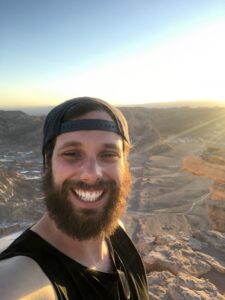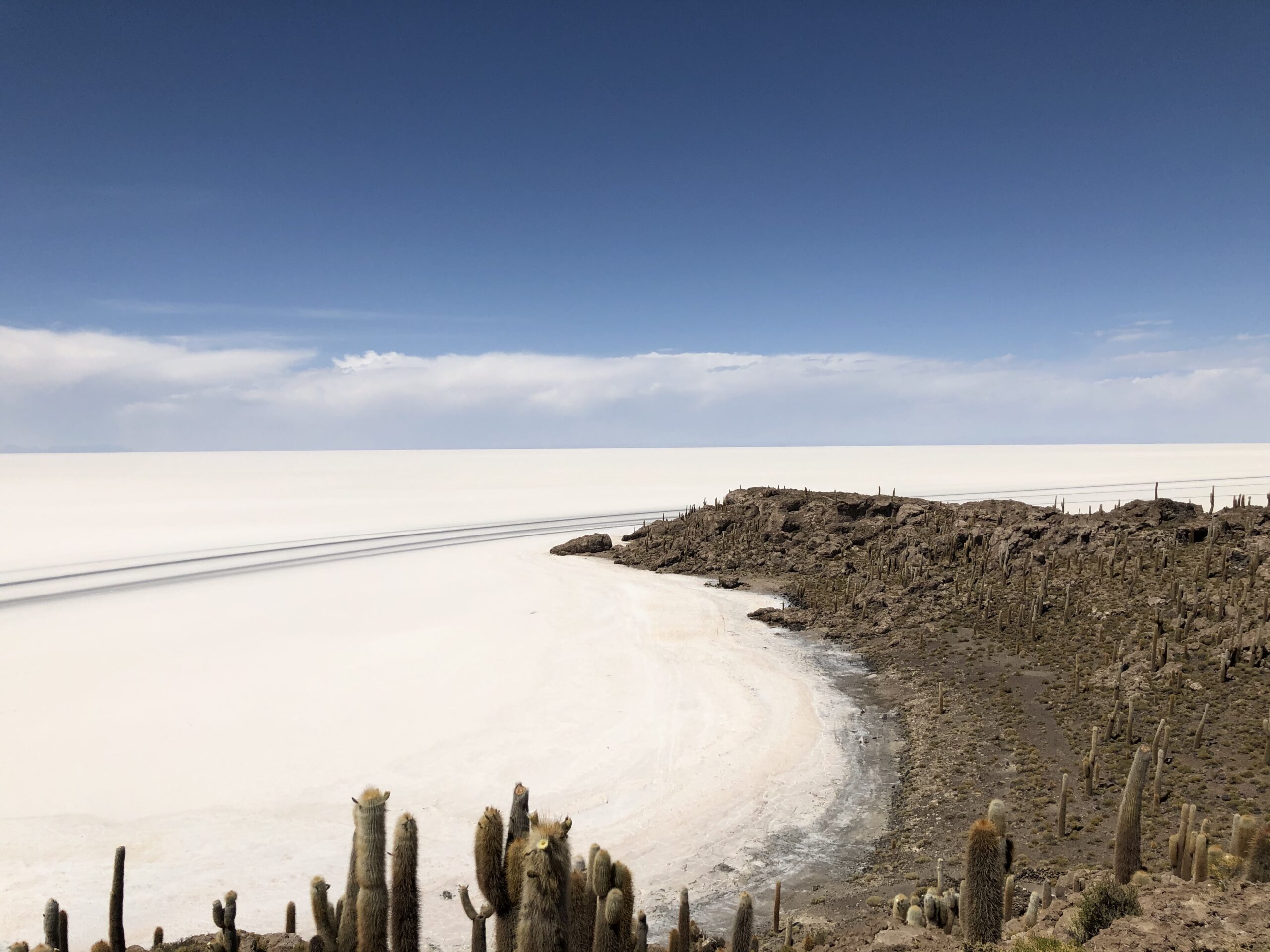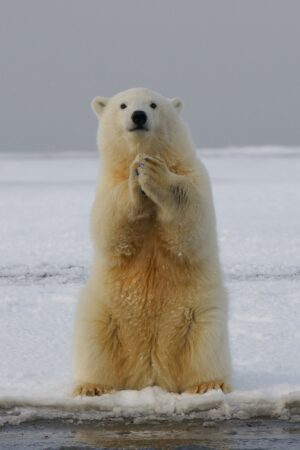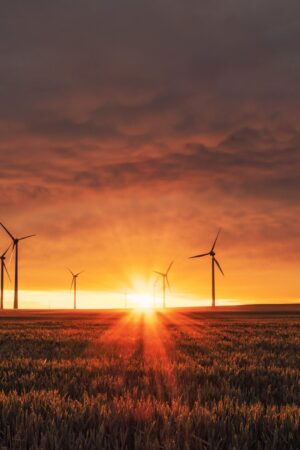Q&A With ‘When the birds came back’ author Seth Robinson

If you were at the launch for Earth Cries last Friday, then you would have heard Sydney University student Seth Robinson read an excerpt from his piece ‘When the birds came back’.
Seth is an American-Australian writer, currently based in Melbourne. His debut novel, Welcome to Bellevue, is available now. To find out more about his work you can find him on twitter and instagram @sethrobinsonink and www.sethrobinson.ink.
What is your story about?
My piece, ‘When the Birds Came Back’, is really about balance, and the way we live, whether that be in a city or in the country. I think there’s a really interesting contrast between those two spaces and ways of living, and that’s something that’s really being challenged and tested as we think about the impact of climate change and what the future might look like.
This story was really me playing with that relationship, thinking about that balance and how cyclical these things are.
Have you always wanted to write? When did you first realise you liked writing?
I’ve always loved writing. Growing up, English (particularly when we were doing creative writing) was always my favourite class at school. I think I had a couple of false starts with attempted novels, but it wasn’t really until I was finishing my undergrad and I managed to get through my first (very rough) novel manuscript that I realised it was something I wanted to do professionally. I went and did a Master’s and am now working my way through a doctorate, and along the way I’ve realised there are loads of ways to turn writing into a career.
What is your favourite natural environment?
This is a really tough question. I’m originally from Seattle, so I have a real place in my heart for pine forests and mountains (in fact a trip to Nepal and the Annapurnas were a close second here) and those kind of landscapes have previously featured in my work.
For the sake of pre-COVID nostalgia, I’ve included images from a trip my partner and I took to South America at the end of 2019. We travelled through the Amazon and the Andes, but one of the highlights was definitely the Salar de Uyuni (Salt Flats) in Bolovia and the Atacama Desert. They’re landscapes that just seem so otherworldly, it takes your breath away. It’s the kind of thing you only ever seen once in your life.

Credit: Seth Robinson, 2019
Where did you get your idea for your piece? What inspired you?
I wrote this piece while we were on lockdown in Melbourne, which was a very surreal time. It felt dystopian in a lot of ways, so it wasn’t much of an imaginary jump to get to my story. I started thinking about how weird it was living in this city that had previously been so vibrant, and what it might be like if it started returning to nature, which would make it beautiful in another kind of way.
I also wanted it to be a hopeful story, so it’s definitely about change and a sense of letting go of the past, but also with an optimistic seed for the future. I think it’s important to plant that seed when we talk about issues like climate change, otherwise it’s very easy to give into the doom and gloom, and the sense of powerlessness that comes with that. I think that in turn becomes a hurdle to acting on it as well.
What do you think happened to your characters after the story ended?
I think they found the settlement they were looking for, and that yes, they had to adapt and put in some really hard work, but that they found a community and lifestyle that offered them a future.
I’m currently working on a novel (for my Doctorate) that largely takes place in one of these settlements, so I kind of think of ‘When the Birds Came Back’ as an appendix to that.
If a film were made of your story, who would you cast?
I think we’re living in a cool (but very stressful) period for the Australian arts scene. I think given the way COVID is going around the world, there are opportunities for Australia to really step up onto the world’s stage. So that said this is a very Aussie story, so I would cast locally, and I think as they’re all younger characters, I would probably open up auditions to the local theatres and drama schools.
I love the idea of a cast of newcomers getting a break like that. As an emerging author, I think it’s important to collaborate with other up and coming artists and support each other wherever we can.
That’s just one of the reasons anthologies like this are fantastic as well.
Earth Cries is a climate change anthology dedicated to a world burning. Tackling all aspects of climate change, Earth Cries is bold in exploring the damage caused by the Black Summer bushfires and even in imagining cold futures drowning below the ever rising sea. Featuring a foreword by Dr Karl Kruszelnicki, Earth Cries is now available at sydneyuniversitypress.com.au.
 Previous Post
Previous Post Next Post
Next Post